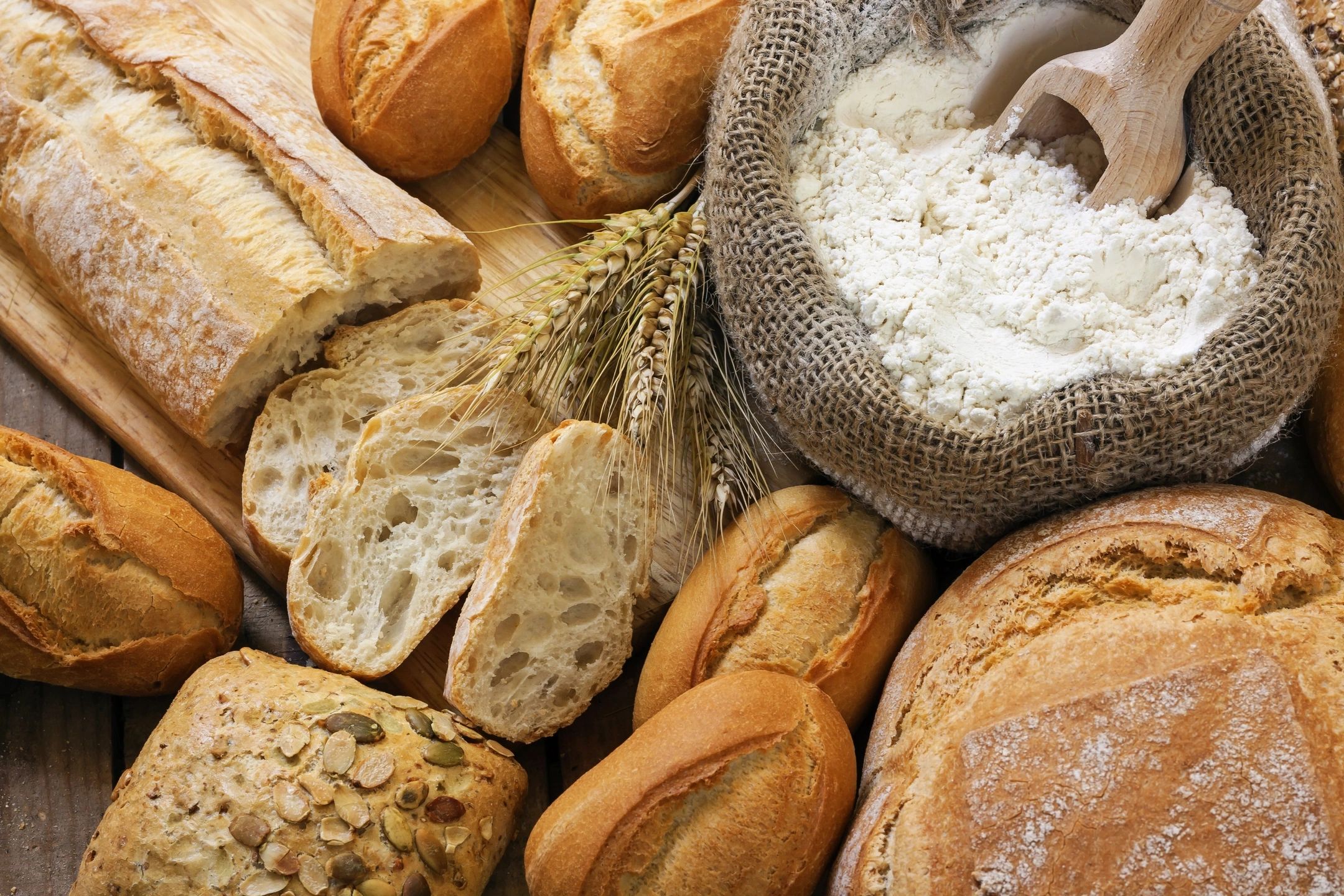Canada Bread Co., a prominent bakery corporation, has been ordered to pay a substantial fine of $50 million following its admission of guilt in a criminal price-fixing plot that artificially inflated the cost of bread across Canada over an extended period. This penalty sets a new record for the highest amount imposed in a price-fixing case by a Canadian court, as confirmed by the Competition Bureau of Canada on Wednesday.
This resolution represents a significant achievement in the continuous investigation by the competition regulatory body into the alleged manipulation of bread prices within Canada.
Amid escalating consumer dissatisfaction with Canada’s food industry and growing distrust towards grocers, the revelation coincides with soaring food prices reaching unprecedented levels.
Furthermore, this development brings renewed attention to the ongoing investigation by the Competition Bureau regarding the involvement of additional companies such as Metro, Sobeys, Walmart Canada, Giant Tiger, and Maple Leaf Foods. The scrutiny is now focused on unraveling their roles in the aforementioned price-fixing scheme.
“Fixing the price of bread – a food staple of Canadian households – was a serious criminal offence,” Matthew Boswell, Commissioner of Competition, said in a statement.
“Our continuing investigation remains a top priority,” he said. “We are doing everything in our power to pursue those who engage in price-fixing.”
Canada Bread, which is currently a subsidiary of Grupo Bimbo based in Mexico, has pleaded guilty to four charges of price-fixing as outlined in the Competition Act.
In its admission, the bakery company acknowledged collaborating with its competitor, Weston Foods (Canada) Inc., to artificially inflate prices for various types of packaged and sliced bread products, including sandwich bread, rolls, and hotdog buns, as confirmed by the Competition Bureau.
The price-fixing scheme resulted in two separate instances of price increases, one occurring in 2007 and the other in 2011, according to the bureau’s findings.
Notably, during the time when the price-fixing arrangement took place, Canada Bread was under the ownership of Maple Leaf Foods.
Grupo Bimbo has stated that it is exploring all available legal avenues against the individuals responsible for the wrongdoing.
Maple Leaf Foods has not yet provided a response to the request for comment.
In a statement, Canada Bread’s vice-president, Alice Lee, emphasized the company’s commitment, under new ownership, to being a responsible partner to their valued customers and ensuring the accessibility and reliability of bread as a food source for Canadians. She expressed satisfaction with the resolution of the matter and expressed optimism about advancing their investments in Canada.
Sylvain Charlebois, a recognized expert in the food industry, highlighted the significance that an international company took responsibility for the misconduct within Canada’s food industry.
“The paradox in all of this is we needed a Mexican company to clean the Canadian food industry up,” said Charlebois, a professor of food distribution and policy at Dalhousie University. “Nobody in Canada wants to admit guilt.”
“The investigation is not over. More questions are going to be asked and Canadians will want more answers.”
The Competition Bureau launched an investigation in January 2016 into allegations of anti-competitive agreements among competitors aimed at fixing the prices of commercially available fresh bread.
The investigation became publicly known in 2017 when the first search warrants were executed.
At the time, Weston Foods and Loblaw Cos. Ltd., both subsidiaries of George Weston Ltd., acknowledged their involvement in an “industry-wide price-fixing arrangement” that encompassed the coordination of retail and wholesale bread prices.
In exchange for their cooperation, these companies were granted immunity from prosecution.
According to court documents filed by the Competition Bureau in 2018, it was alleged that a minimum of $1.50 was artificially added to the price of a loaf of bread during the 16-year conspiracy involving major bakery wholesalers and grocery retailers in the country.
Experts assert that this scandal has fueled skepticism among Canadians regarding the underlying causes of the high food prices experienced in recent months, particularly as grocers continue to report significant profits.



